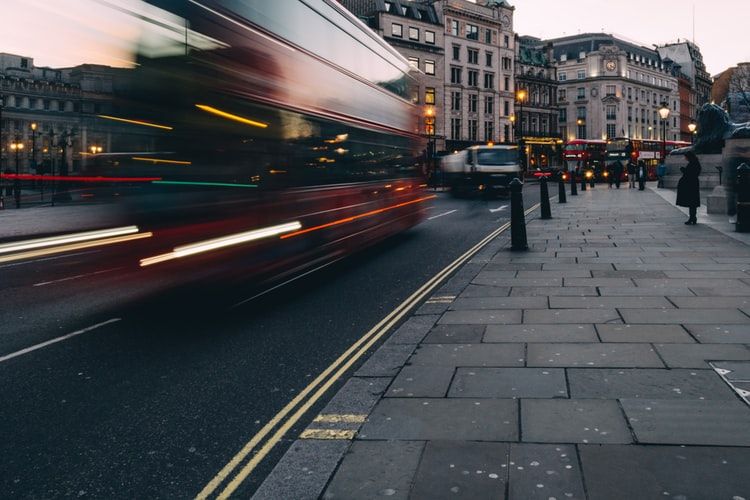
How does a city choked with traffic and packed full of carbon-emitting processes and structures reach a goal of net-zero carbon? And exactly how different would the urban environment look if it were net-zero?

Beech Street, much of which runs under the Barbican Estate, will now be restricted to zero emission vehicles, cyclists and pedestrians by Spring 2020. The experiment will run for 18 months, during which time the impact on air quality and traffic will be monitored.

The technology, which is the first of its kind in the world, purifies the air through the photosynthesis of microscopic plants, removing greenhouse gases from the environment whilst generating breathable oxygen.

UK report has found that spending one hour on the London tube is more toxic than spending all day on above ground in ambient London air.

London Fashion Week (LFW) will be the first event of its kind to go fur free. The move is a response to the criticism LFW has received over the past two years from activists.

The smart benches allow people to charge phones, use free WiFi, and track levels of air pollution, all powered by a solar panel.

Transport for London will no longer accept adverts that promote food and drink high in fat, salt, or sugar. Globally, there are 2 billion overweight adults, according to the Global Nutrition Report 2017.

UPS has announced major investments in its vehicle charging infrastructure as the company moves to electrify its delivery fleet, one of the largest vehicle fleets in the world.

The time taken to reach the limit improves since last year but campaigners say the Government must do more to save lives.

London introduces coffee cup recycling facilities across the City and aims to collect and recycle half a million cups in the City of London throughout April, rising to 5 million by the end of the year.

The mayors of London and Paris are acting to cut air pollution in their cities by monitoring emissions and rating vehicles based on their score.

Alan Marshall created the Ecotopia 2121 project which predicts what key cities around the world will look like in the year 2121 if they become green and eco-friendly to combat the global environmental crisis.

The success of London in 2050 will be measured by its environment. Will Londoners experience the city as spacious, efficient, healthy, and resilient? Or will they experience it as overcrowded, dysfunctional, stressful and insecure?